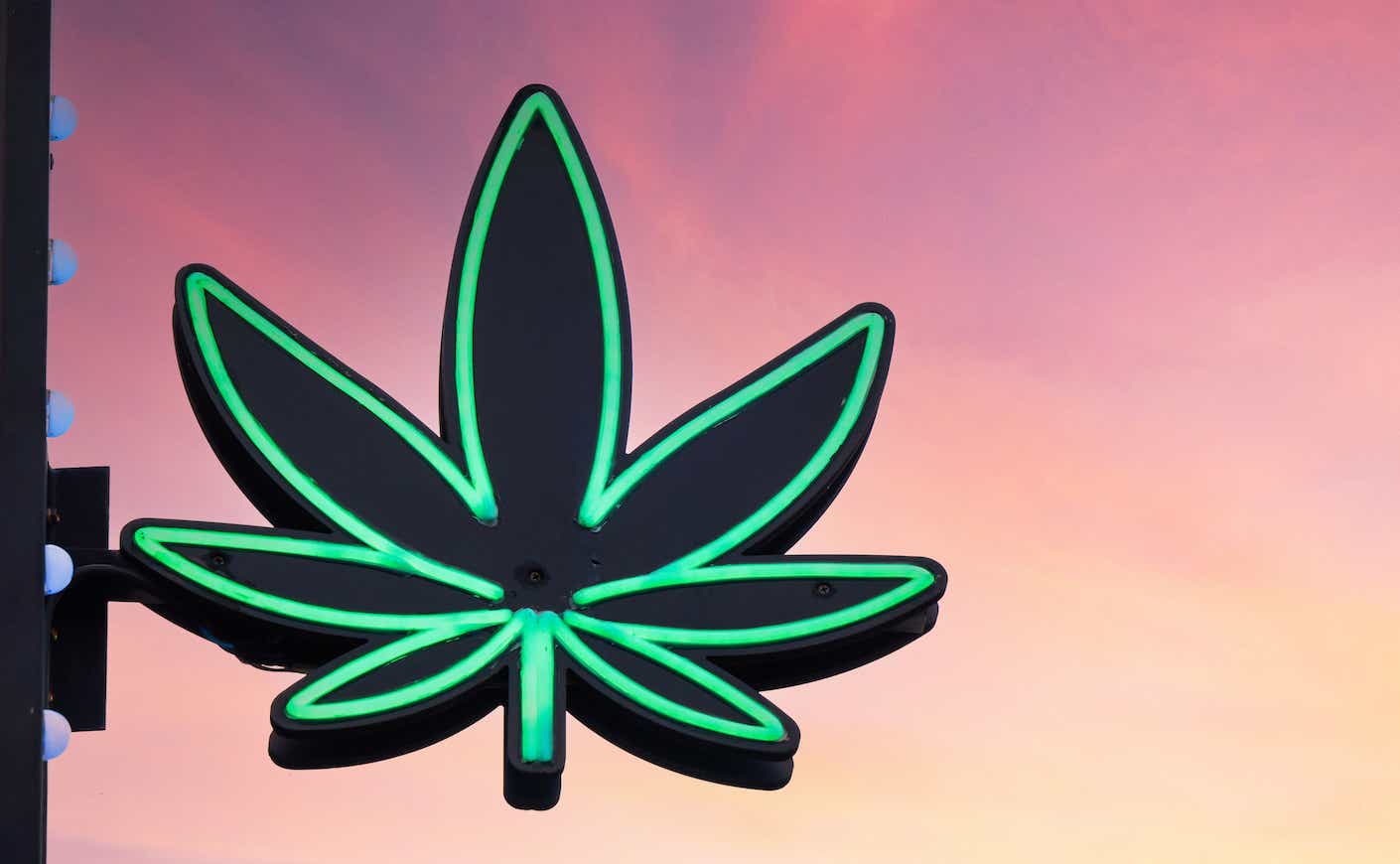When you hear the word “cannabis,” you probably think of red-eyed hippies, the fight over legalization, and, of course, getting high. And yes, feeling high does happen when you use some cannabis products — but not all of them.
Cannabis is made up of multiple compounds, but there are two that are most well-known: CBD and THC. The latter is the one most of us are familiar with — it’s the psychoactive element of the plant that makes you feel stoned. CBD, also found in the hemp plant, won’t impair cognition (or cause you to want to listen to The Dark Side of the Moon), but it does have some pretty surprising benefits.
We asked Mandy Bliss, MSN, to tell us exactly what CBD is, and what it isn't. We then spoke with some regular CBD users to learn how this compound helps their overall wellness — including the ways it can impact sleep, stress, and pain.
Is CBD a drug?
For anyone unfamiliar with CBD, that’s a question that’s probably top of mind. Bliss says that the answer really depends on how you define the word drug: “If you mean an illicit substance, then generally speaking the answer is no,” she explains. “CBD is not an illicit substance under federal law.” CBD products made from hemp are legal under federal law, as long as their THC content is not above 0.3 percent by weight.
In most cases, this stipulation means that CBD doesn’t require a prescription: “CBD has been approved by the FDA as a drug in very high doses, but most people use CBD in smaller supplement doses,” says Bliss. "Aside from one brand-name prescription CBD medication available in the United States, CBD is not considered a drug by the FDA."
What is CBD used for?
People use this compound for different reasons, and it impacts them differently. But in general, there are three main reasons many add CBD to their routines: to ease discomfort, relieve stress, and support better sleep. Bliss explains: “When taken as a supplement, CBD can help support a good night’s sleep, good mental health, and offer relief from exercise-induced inflammation.”
59-year-old Louisville, KY, resident Ron Risinger started using Cornbread Hemp — whose CBD products are free of unnecessary plant matter and contain only the plant’s flower — for stress-related sleep issues. “I have a 28-year-old son who moved to Virginia without a job to live with his girlfriend. I started worrying about him all the time, and at bedtime my mind would race,” he says.
Risinger didn’t like the idea of using prescription drugs, but wasn’t sure what else would help him find some peace. Then he heard a local radio host talking about Cornbread Hemp, and decided to give it a try. “I took CBD about an hour before I went to bed, and fell asleep easily. I didn't wake up in the middle of the night having those thoughts.”
67-year old Mike Murray, also from Louisville, began using Cornbread Hemp to help with sleep issues, too. “My wife and I own a business and we’re still really active, but I’d started having aches and pains that would keep me up at night,” says Murray. “I want to stay as prescription-free as possible, so I decided to try Cornbread Hemp because it’s natural. I take it right before bed, then I read for a bit, and fall right to sleep.”
What's the best CBD dose for you?
As with any supplement, the ideal dose varies from person to person. “The only way to know the best amount of CBD for you is to start low and gradually increase your dose until you find the right level that suits your body,” says Bliss.
As a former employee at a pharmaceutical company, Risinger was drawn to CBD because he was wary of anything that could result in an overdose. “I like CBD because it won’t impair you,” he explains. “I'm 6 feet 2 inches tall and 210 pounds, and the 750-milligram dose wasn’t enough for me. So at first I was taking double, and then they came out with 3000-milligram gummies. That was perfect.”
Murray, who takes CBD in oil form, also experimented a bit before finding the right dose for him. “I started with 750 milligrams, but that made me a little bit drowsy,” he says. “So now I take a bit less than that and I wake up feeling great.” And unlike other sleep aids, CBD isn’t habit-forming, so Murray only uses it as needed.
The impact of CBD also depends on the quality of the product: The more of the hemp flower a product contains, the higher-quality it’s going to be. So if you’re planning to try CBD, avoid products that use the whole plant and look for something that solely incorporates flower, like Cornbread Hemp.
Does CBD make you feel high?
If you’re looking to blast into orbit with a mind-altering drug, CBD isn't the right product for you. According to Bliss, while CBD and THC are both derived from the same plant, their effects are completely different. “The difference is how these compounds interact with receptors inside your body. THC is an intoxicating compound that binds with certain receptors in the brain, while CBD interacts primarily with different receptors, and is not intoxicating.”
Murray also answers this question with a definitive no. “I smoked pot extensively in my youth,” laughs Murray, “but not in the past 40 years. So I can confidently say this is nothing like smoking weed. It doesn’t alter my mind, so I’m not lying there staring at my hand or anything.”
So no, CBD won’t get you high. But it could help you fall sleep, manage discomfort, and improve your mood — which, in our book, is even more enjoyable.









